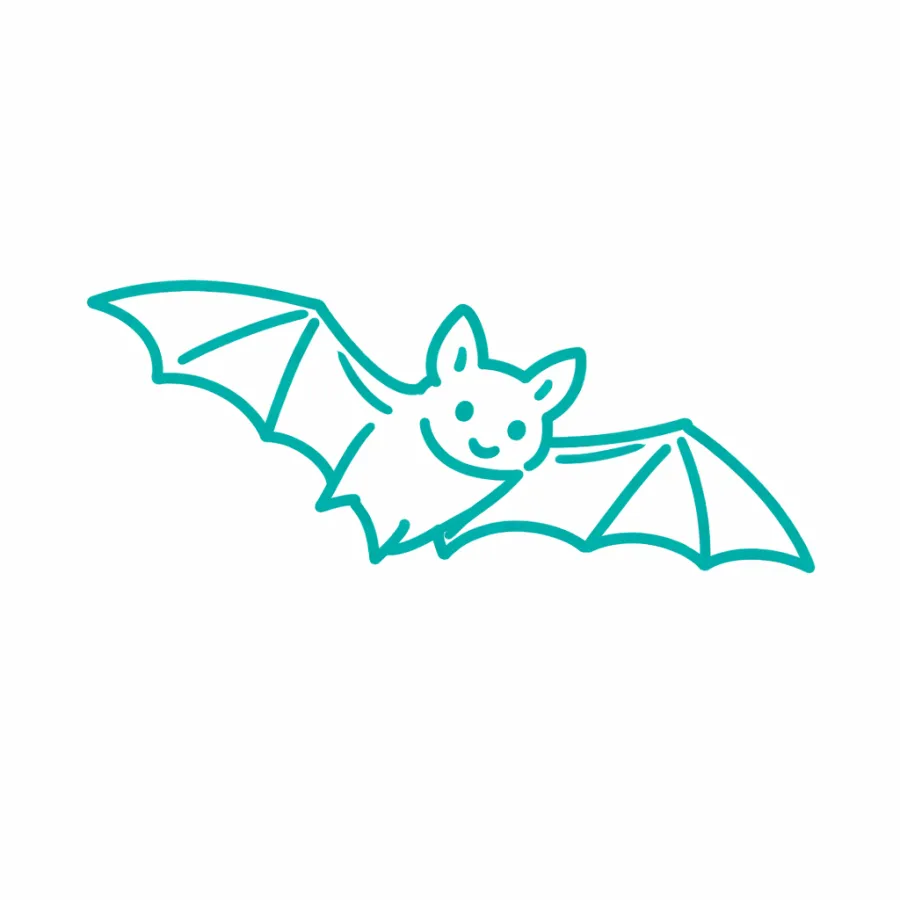Bat Removal & Control Services
Bats are beneficial wildlife, but when they roost inside structures, they can create health and odor concerns. Cingo Home provides professional bat exclusion services that comply with Georgia wildlife laws and protect both people and bats.

About Bats
Georgia is home to numerous bat species, all of which play an important role in controlling insect populations. Bats are nocturnal mammals that roost during the day in protected spaces.
They can enter structures through extremely small gaps and commonly roost in attics, walls, gable vents, and rooflines. Bats mate in the fall and give birth in the spring, typically raising small numbers of young.
Female bats often roost together while raising pups, and young bats require several weeks before they are able to fly.
Damage Caused by Bats
- Accumulation of guano (droppings) in attics
- Odors from waste buildup
- Health concerns related to rabies exposure
- Fungal growth associated with decomposing guano
Signs of a Bat Infestation
- Bats seen exiting structures at dusk
- Guano accumulating below entry points
- Strong ammonia-like odors in attics
- Scratching or chirping sounds at night
Professional Bat Removal Services
Bats are protected in Georgia, and removal must be done through exclusion during approved periods. Cingo Home's bat control process includes:
- Structural inspection to locate entry points
- Legal bat exclusion methods
- Sealing of access gaps after exclusion
- Guano removal and sanitation services
Schedule Professional Bat Removal Today
Contact Cingo Home today to schedule an inspection and get expert wildlife control you can trust.
Call 855-919-9090 or click below to contact us.

